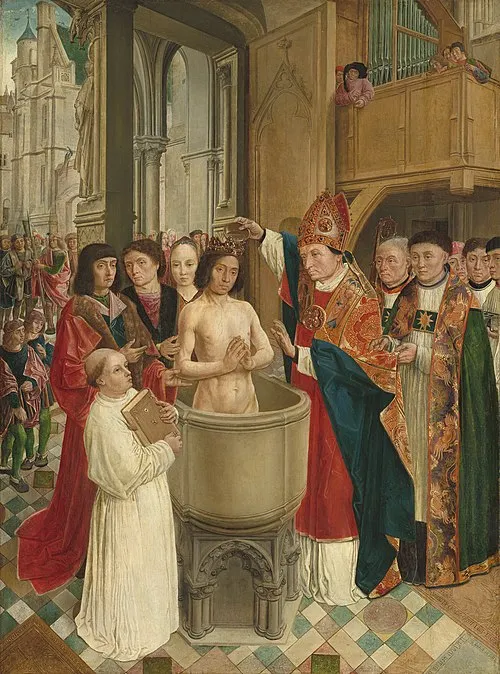
Exploring the Life and Legacy of Remigius: The Patron Saint of the Franks
Remigius, also known as Saint Remi, is a significant figure in the history of Christianity, particularly in relation to the Frankish Empire. Celebrated for his pivotal role in the Christianization of the Franks, Saint Remius's life is a fascinating journey of faith, influence, and leadership.
Early Life and Background
Born around 437 AD in the region of Laon, France, Remigius was raised in a Christian household. His early education centered around church teachings, which ignited his passion for the faith. Following his father's footsteps, who served as a cleric, Remigius devoted his life to God and the church from a young age.
Becoming a Bishop
At the young age of 22, Remigius became the Bishop of Reims. His leadership qualities emerged early on, and he became known for his keen intellect and unwavering faith. During his tenure, he focused on expanding the Christian community and deepening the faith of his congregants.
The Baptism of Clovis
One of the most notable events in Remigius's life was his role in the conversion of Clovis I, the king of the Franks, to Christianity. The baptism took place in 496 AD, marking a pivotal moment in French history. Clovis's conversion not only solidified the Church's power but also facilitated the rapid spread of Christianity throughout the Frankish territories.
According to tradition, Remigius used a renown baptismal font, which became a symbol of his significant accomplishment. This event established a strong connection between the Church and the nascent Merovingian dynasty.
Legacy and Influence
Remigius passed away on January 13, 533 AD, but his legacy continued to shape the course of French history. He became well-regarded as the patron saint of not just the Franks, but also of various regions within modern-day France. Many churches and institutions are named in his honor, and his feast day, celebrated annually on January 13, is a testament to his influence.
Remigius's impact did not end with his death; he was later canonized as a saint, ensuring that his contributions to Christianity would be recognized for centuries to come. Today, his story continues to inspire those who seek to understand the intersections between faith, leadership, and history.
Conclusion
In the annals of history, Saint Remigius stands out as a symbol of conversion and faith. His role in the baptism of Clovis, along with his efforts to spread Christianity, solidified his importance within the church and the broader social fabric of his time. Remigius not only influenced the religious landscape of the Frankish Empire but also laid the groundwork for the Christian traditions that would flourish in France and beyond.





